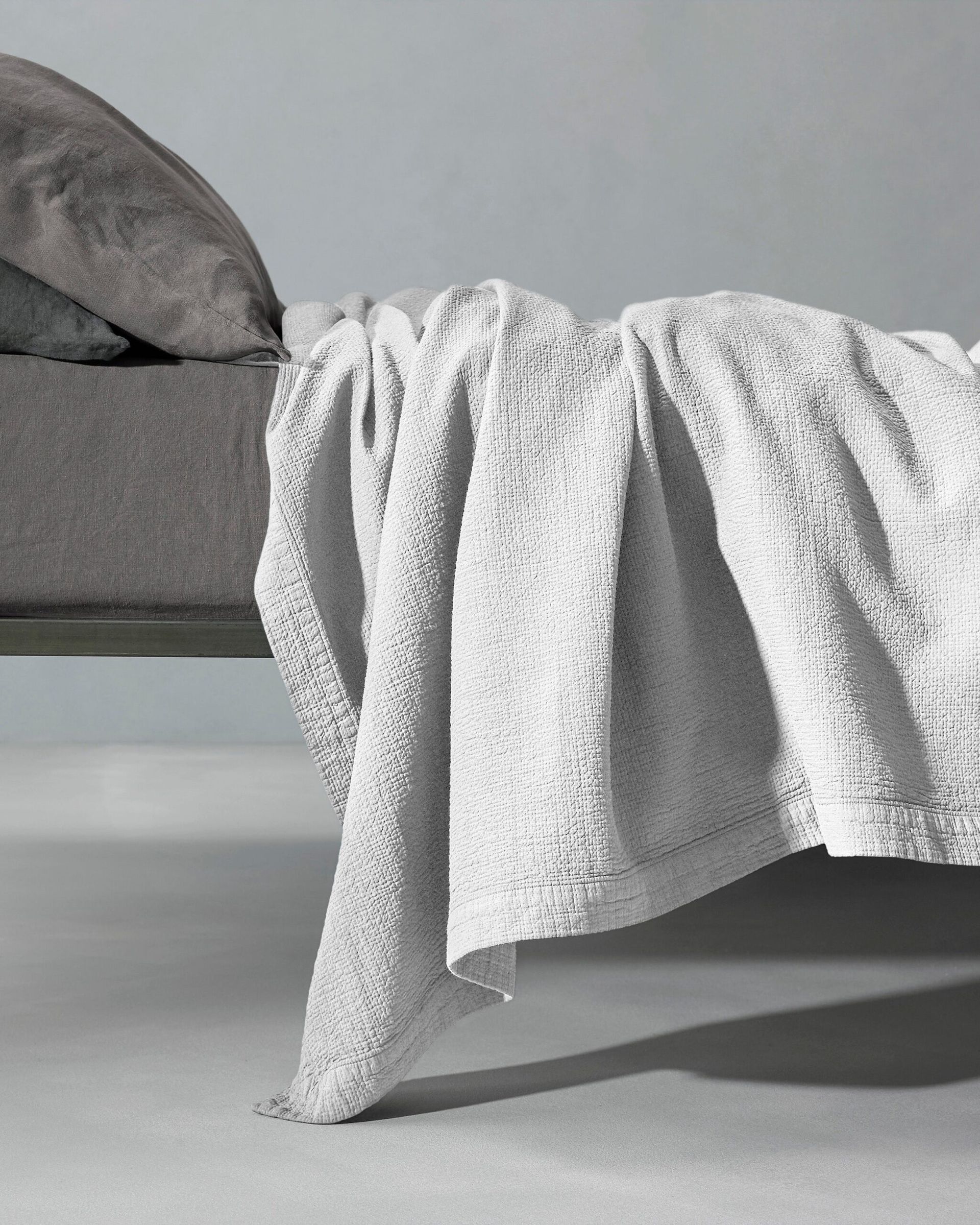Exploring the Realm of Bedroom Design: From A to Z
The bedroom is more than just a sleeping space; it is a sanctuary that reflects our personality and lifestyle choices. From choosing the right furniture to understanding the implications of design, every element contributes to a unique experience. In this article, we delve into the world of bedroom design, exploring historical influences, modern trends, and practical tips for creating your personal oasis.
1. The Evolution of Bedroom Design
Historically, the design of bedrooms has varied significantly across cultures and epochs. In ancient Egypt, bedrooms were simple yet elegant, often adorned with colorful wall paintings and intricate linens. The Greeks and Romans introduced more elaborate furnishings, including beds with canopies and fine textiles, emphasizing comfort and aesthetics.
The Middle Ages saw a shift towards functionality, with less emphasis on decor and more on the practical use of space. However, during the Renaissance, the bedroom regained its status as a place of beauty and relaxation, filled with ornate furniture and luxurious fabrics.
In the 18th and 19th centuries, as the Industrial Revolution progressed, bedroom design became more accessible to the masses. Mass-produced furniture and textiles allowed for diverse styles, from Victorian opulence to minimalist Scandinavian designs. Today, the bedroom continues to evolve, influenced by sustainability, technology, and personal expression.
2. Understanding Modern Bedroom Elements
Furniture Choices
Furniture plays a critical role in bedroom design. A well-chosen bed frame, for example, serves as the focal point of the room. Platform beds, such as the Urban Woods Fairfax Bed Frame, combine modern aesthetics with functionality. Made from reclaimed wood and featuring a minimalist design, this bed frame not only supports your mattress but also enhances the overall decor.
Urban Woods Fairfax Bed Frame
Featuring vintage reclaimed wood and low-VOC finishes, this bed frame is the perfect addition to your stylish and healthy bedroom.

Bedding Essentials
Bedding is another vital component that influences comfort and design. Soft, inviting fabrics can transform the ambiance of a bedroom. The Sleep and Beyond myComforter Light is a perfect example of how quality bedding enhances the sleeping experience. This comforter is designed to keep you cozy during winter while remaining breathable in summer, making it a versatile choice for any season.
Sleep and Beyond myComforter Light
This all-natural comforter is hypoallergenic and filled with 100% washable wool, making it ideal for a restful night’s sleep.

Adjustable Beds
Adjustable beds have gained popularity, providing personalized comfort through customizable positions. The Leggett and Platt Style Adjustable Bed is a prime example, allowing users to elevate both head and feet for optimal relaxation. Such beds cater to various needs, from reading in bed to alleviating back pain.
Leggett and Platt Style Adjustable Bed
This high-performance base offers a range of features including wireless remote control and a soothing massage function, all designed to enhance your comfort.

3. Practical Tips for Bedroom Design
When designing a bedroom, several practical considerations can enhance both functionality and aesthetics:
- Color Palette: Choose soothing colors that promote relaxation. Soft pastels or neutral tones can create a serene atmosphere.
- Lighting: Incorporate various light sources, including ambient, task, and accent lighting, to enhance mood and usability.
- Space Optimization: Utilize multi-functional furniture, like storage beds and nightstands with drawers, to maximize space.
- Personal Touch: Add personal elements such as artwork, photographs, or decorative accessories that reflect your personality.
4. Conclusion: Crafting Your Personal Sanctuary
The bedroom is a reflection of our individual tastes, preferences, and lifestyles. As we have explored, the journey of bedroom design has evolved dramatically, influenced by historical trends, cultural shifts, and technological advancements. With an understanding of modern elements and practical applications, anyone can create a tranquil and inviting space that serves as a true sanctuary.
Whether you opt for a platform bed that speaks to modern simplicity, an adjustable bed that caters to your comfort needs, or luxurious bedding that invites restful sleep, each choice contributes to the overall narrative of your bedroom design. Embrace the possibilities and transform your bedroom into a haven of relaxation and style.

